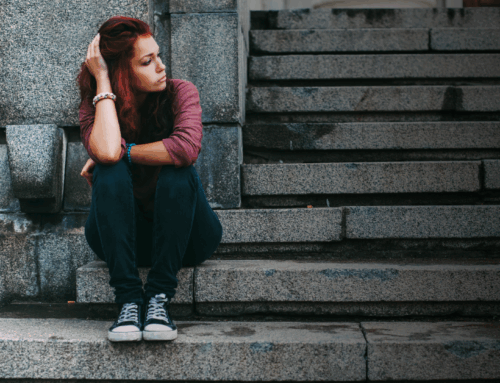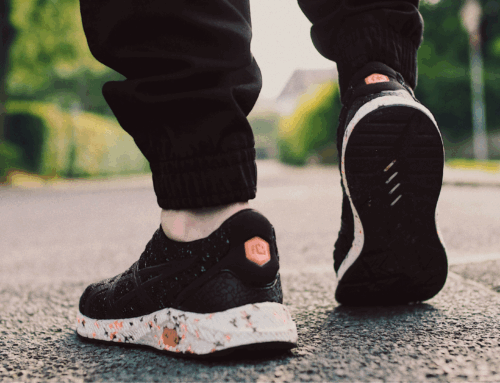
Flikr Images
If a young person you care about has been injuring themselves, it’s important to seek the assistance of a mental health professional. Sometimes, there can be a waiting period to see a psychologist or psychiatrist, and even if you are able to access treatment quickly, it can take a little while for the young person to start to have some benefit from treatment.
There are some some self-help strategies which the young person can try on their own or with your support that can help.
Remember that self-help strategies should never take the place of professional help.
- Encourage the young person to talk to someone when the urge to injure themselves hits. Even if they don’t want to talk about the urge to injure, talking to someone about the way they are feeling can help reduce the intensity of the distress. Even better if they can talk to someone in person, as it is rare for someone to engage in self-injury with another person present.
- Mindfulness techniques can help to cope with painful feelings. Mindfulness is best done as a daily practice. Smiling Mind is an app and website that can help guide young people through practicing mindfulness and is tailored for a number of age groups.
- Regular, moderate exercise can help a young person to feel good. Getting out for a brisk walk or jog, group activities such as sports, and even dancing are all good options.
- Encourage the use of any positive coping strategy which helps them to get through the urge to self-injure. Help them to think of ways to reduce their distress, for example, having a hot bath, listening to loud music, or doing something kind for themselves. Offer the person information materials about alternatives to self-injury. Try this list of ideas.
- Information about self-help treatments for depression, including effective self-help, can be found in the book ‘What works for depression in young people’ by beyondblue: the national depression initiative. You can order a copy from them or download it from here.
- The WhatWorks4U.org is a website where young people share what they have tried to manage a range of mental illnesses. They share their own experiences of what worked well.
Remember, though; depression and anxiety can make it hard to feel motivated, so don’t use pressure or guilt to try to get someone to use self-help approaches. This might make them feel even worse – as if there is yet another thing they can’t ‘do right’. Remember as well that self-help strategies work best with the guidance of a professional, but that doesn’t mean the young person can’t try with some support from a caring parent or other adult.
If the young person you are supporting ‘slips up’ and injures themselves, try not to respond with shock or disgust, or judge them as weak. It can take time to find new coping strategies, and it’s best not to imply a slip up is a failure, or that it negates the progress they’ve already made.
For more information on helping someone who has been engaging in self injury, as well as guidelines for providing mental health first aid to someone who is developing a mental health problem, visit the MHFA website’s guidelines page.
– Dr Claire Kelly
Dr Claire Kelly is the Manager of Youth Programs at Mental Health First Aid. For more information visit their website.







Leave A Comment